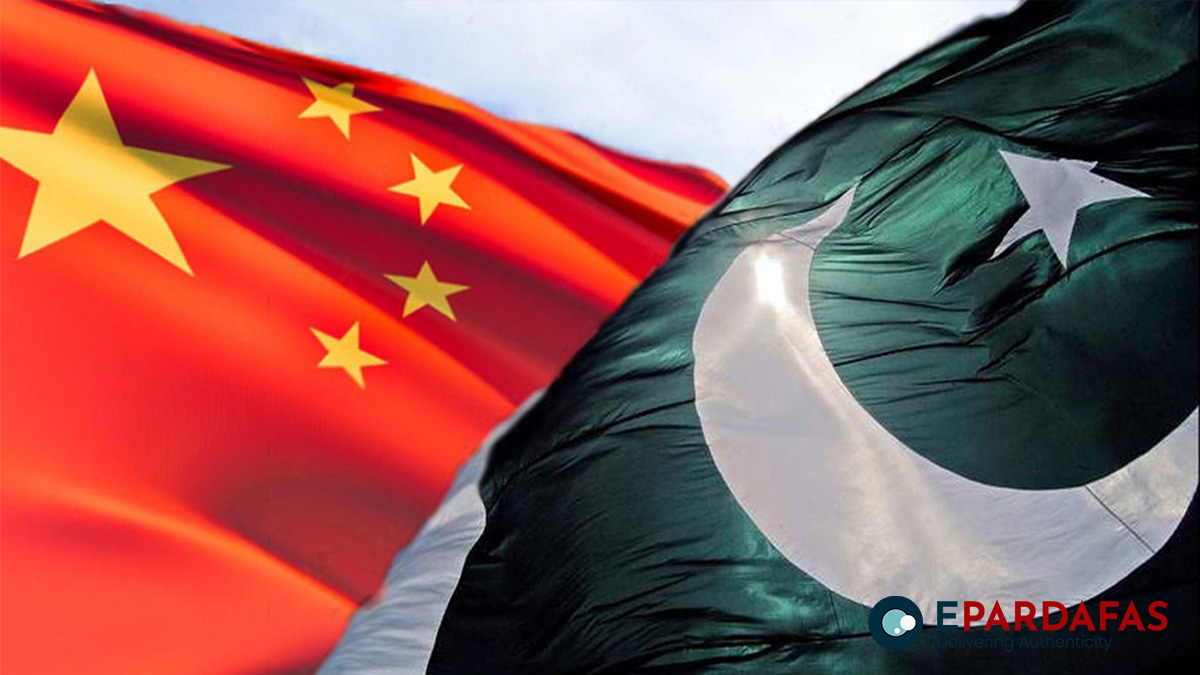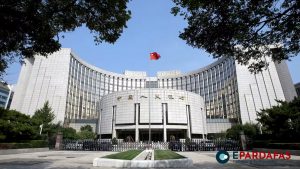
Pakistan Scrambles for Relief on $15bn Energy Debt Owed to China
In a move that could impact future Chinese investments, cash-strapped Pakistan is seeking to restructure over $15 billion in power-plant debt owed to Chinese energy producers. This debt primarily stems from the $50 billion China-Pakistan Economic Corridor (CPEC), a major component of Beijing’s Belt and Road Initiative (BRI).
Currently, Pakistan owes about $1.9 billion in unpaid operating bills to 20 Chinese-backed power plants across the country. Over the weekend, Islamabad announced its intention to restructure $15.4 billion in loans tied to these China-funded plants.
Pakistan aims to extend the maturity of these loans by five years, which could save approximately $2 billion in debt-servicing costs over the coming years. This move is intended to provide the government with some flexibility to avoid raising electricity prices during the peak summer demand. Last year, an increase in energy prices led to widespread protests.
The announcement coincides with Pakistan’s negotiations for another bailout package ranging from $6 to $8 billion with the International Monetary Fund (IMF). The IMF has urged Islamabad to cease subsidizing the energy sector.
“It reduces the [debt] burden [of Pakistan] when it comes to negotiating with the IMF,” said Aadil Nakhoda, an assistant professor of economics at the Institute of Business Administration (IBA) in Karachi, regarding the restructuring plan.
Pakistan aims to secure approval for the restructuring before Prime Minister Shehbaz Sharif’s visit to China next month. However, convincing Beijing may prove challenging. The request comes amid strained relations between the two countries following a series of deadly militant attacks on Chinese nationals and economic interests in Pakistan.
Abdul Rehman, a Pakistan-based energy market expert, believes Chinese officials will not agree to restructure the multibillion-dollar loans. “China will give new loans, which can be used to repay the existing loans of power projects,” Rehman said. “In this way, the debts will not be restructured and Pakistan’s forex accounts will also get a breather.”
Chinese companies have repeatedly urged Pakistan to settle its outstanding power bills, raising concerns that producers might suspend operations to pressure Islamabad. While Pakistan covers some of the variable costs, such as fuel, it is unlikely Chinese companies would take such drastic steps, Rehman noted. However, he added, “Chinese power producers’ payment problems will surely affect future Chinese investment in Pakistan.”
This month, Chinese investors called for Pakistan to place funds in a foreign bank account to ensure timely payment to power producers. Pakistan has not agreed to this demand, but it faces increasing pressure to placate the investors before next month’s Joint Coordination Committee (JCC) meeting. The JCC is responsible for decisions regarding the broader China-Pakistan investment framework, including future funding and the continuation of existing projects.
“Given its burgeoning economic problems, Pakistan expects major investments from China at the next JCC meeting,” a government official told Nikkei anonymously. “We fear that Pakistan’s failure to honor commitments to pay Chinese power producers has made our investment pitch to China a very hard sell.”













Comments